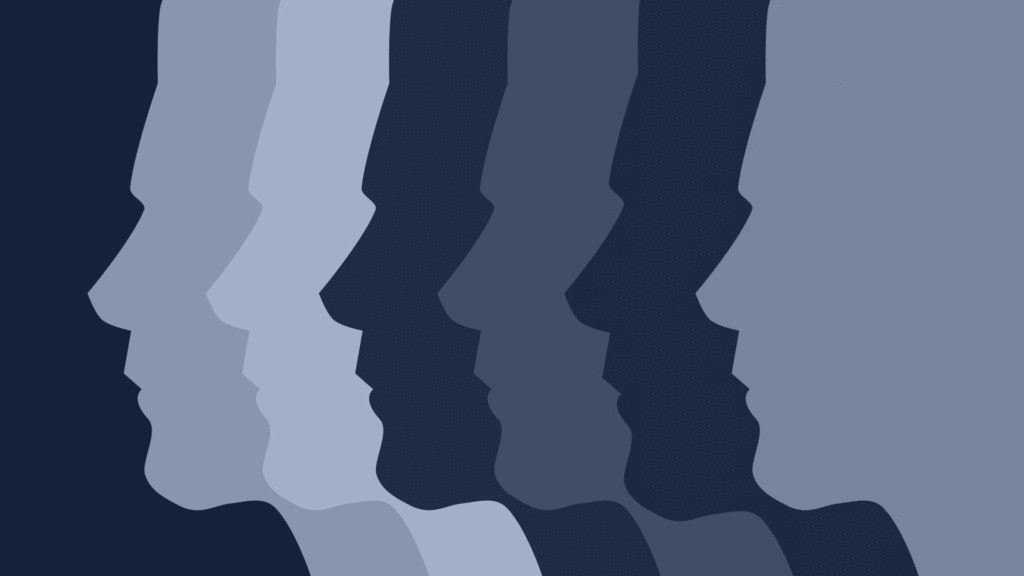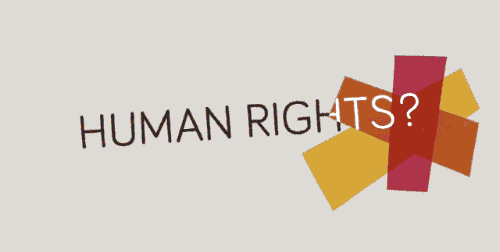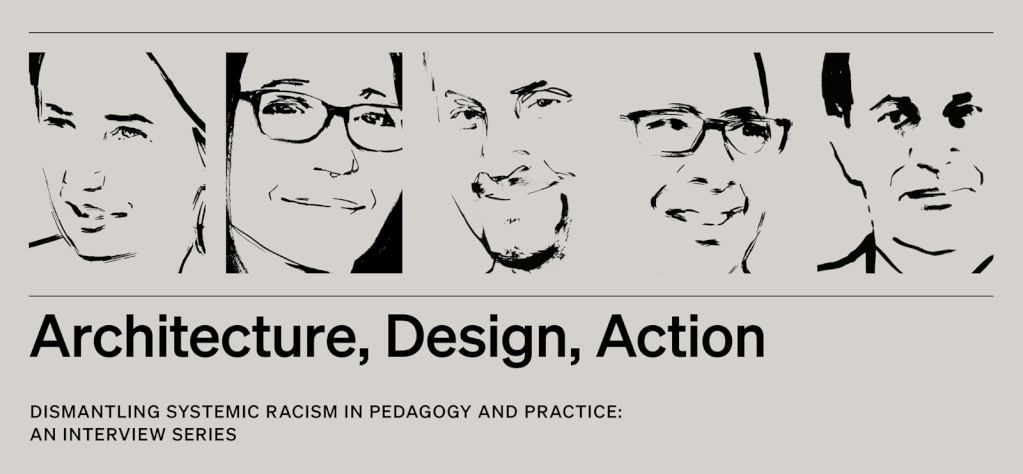What is racism?
Racism is prejudice, differentiation, pre-judgments, or malicious behaviors towards another person based on their race, ethnicity, or cultural background. Racism is based upon the incorrect belief that some people are inherently and biologically better than others. This discrimination can
come in diverse forms, from rude commentaries to aggressive behaviors. Racism is a burning issue in the current world.

What is white supremacy
The term “white supremacy” indicates the methodical marginalization or subjugation of people of color based on a socially built racial hierarchy that privileges people who identify as white. White privilege, the unmerited and often unrecognized benefits, benefits, or rights bestowed upon people in a dominant group, is a critical piece of the puzzle when we talk about casual racism. There is deep-rooted distrust between the Black community and its White counterparts, resulting in brutal violent attacks on the Black community. In extreme cases, racism occurs in public places and comes from strangers, and can intensify to vehement hate crimes.

What is Casual racism
Casual racism appears in the form of ‘microaggression.’ This is an intentional or unintentional the offensive message that targets a person based solely on their being a minority group member. Any form of racism should be unacceptable, even a slight comment or an action that is subtle or
occurs in a casual environment. It should be stopped at all costs. Microaggressions may be in the form of intentionally preferring not to sit next to a person because you feel uneasy about the color of their skin, or making fun of someone’s background, even if it’s disguised as a joke.

How to fight racism
Racism is one of the most significant crimes on our planet and has always been a roadblock to forming a robust labor movement. Standing up to racism isn’t easy, but it’s the correct thing to do. Where ever you are, whether in school, college, or the workplace, challenging allegations, presumptions, and stereotypes is the right way of letting people know it’s not okay to be racist. Sometimes people unintentionally make remarks that appear racist.
Standing up to these comments can be an excellent way for people to learn about the negative adverse impact they put on others. You need to feel comfortable, safe, and approach the situation as calmly as possible and make sure that you feel safe first. Being responsible for having conversations about racism creates room for dialogue and change, whereas going straight into a screaming match is usually counterproductive.

Ways to confront racist comments or behaviors
- 1) Confront face-to-face – If someone says something inconsiderate, you should try to confront them privately or in a group setting.
- 2) Challenge their viewpoints by Asking them why they feel a certain way they do and try to provide a different perspective.
- 3) Try to show compassion for the group they’re targeting because this may also help them understand that the victims are also human.
- 4) Let the racists know that what they’re saying or doing is not okay and totally unethical, and give them examples of why it’s not okay.
- 5) If you witness racist behavior in public, Record the situation and produce it to the authorities, such as the police but make sure you put your safety first.
- 6) If you want to speak out but are concerned about creating a bustle, you can write about it on social media that you’ve witnessed or experienced. This disseminates the message that racism still exists and allows for some open conversation.
- 7) Discuss it with your family and friends. This is an excellent way to get things off your chest and allows you to understand what you’re comfortable with. Your loved ones can also provide support to let you know that you’re not alone.
- 8) The more you read about racism and its impacts, the more it opens the door to learning more ways to oppose racist behavior.
- 9) Join a community group that Advocates for multiculturalism and the end of racism is a noble way to learn about and take action against discrimination.
- 10) Compassion and empathy go a long way. Provide opportunities for the public to hear those people’s thoughts and feelings most affected by racism through in-person conversations/interviews, narratives, videos, photos, and recordings. People should reflect on these experiences and focus primarily on the feelings of others. In this way, they can be sensitive to what people are going through in these situations and promote empathy.
Related posts:
- Students activism in today’s world
- What is the meaning of counselling and 5 Techniques
- 10 things to do if you can work during coronavirus
- 6 New Age Career Options
- 8 ways to make a career in tourism
- 7 tips to streamline your career as a digital marketer
- Reasons to take career counselling for class 12th
- 7 Ways Career Counselling Helps Class 9th Students




















